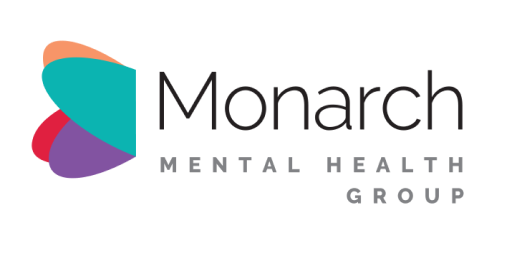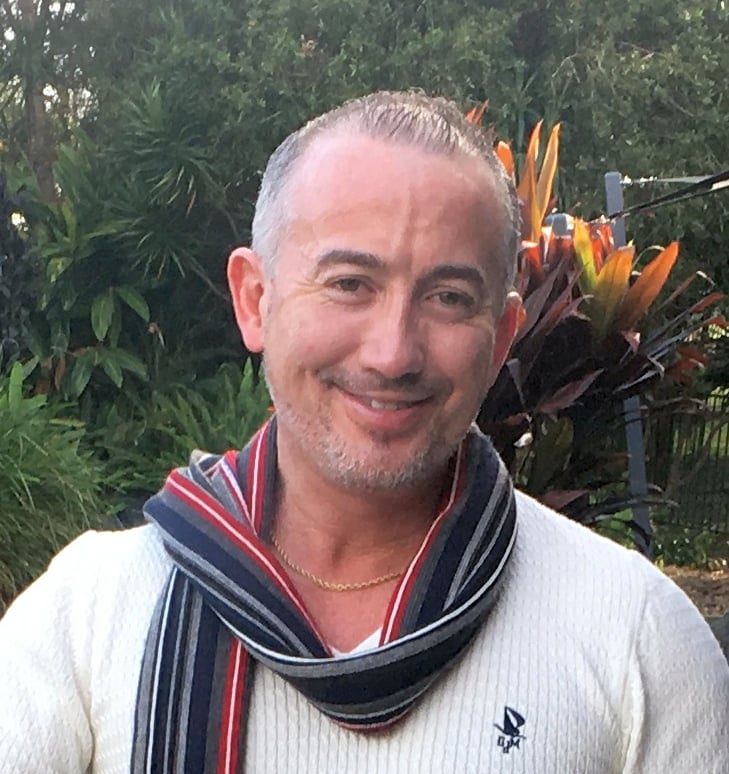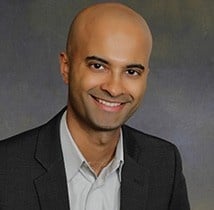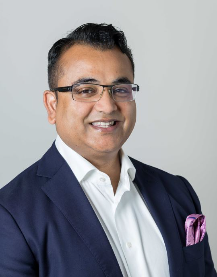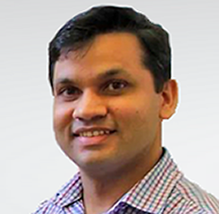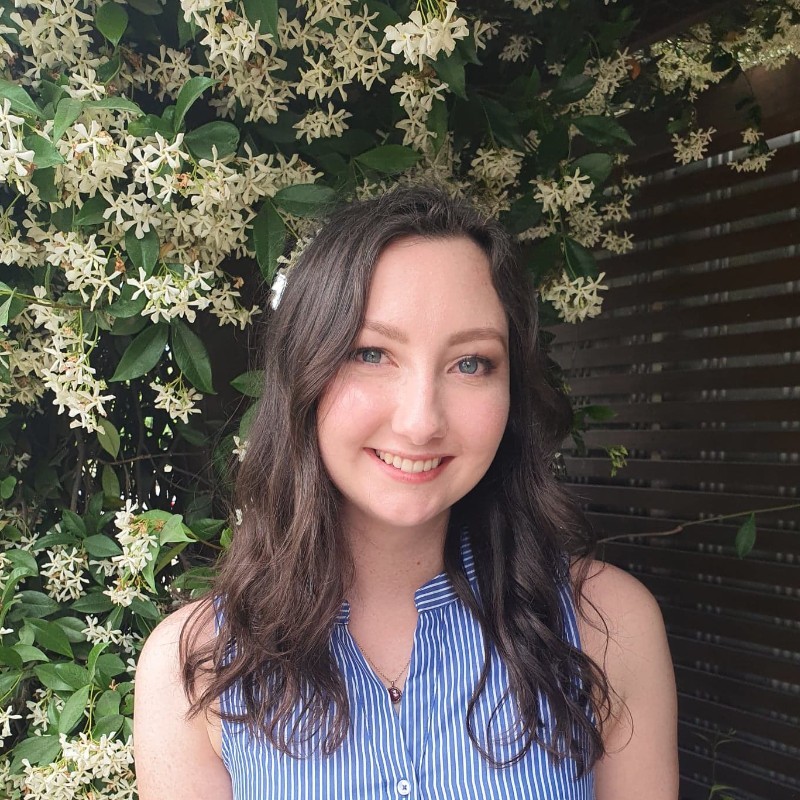Medication Assisted Psychotherapy
Monarch Mental Health Group opened Australia’s first medication assisted psychotherapy program in November 2023. This innovative program is led by our co-founder and Psychiatrist Dr. Ted Cassidy, along with Senior Clinical Psychologist Monica Schweickle. Our program builds upon the knowledge of Monarch Research Institute and the expertise of Associate Professor Bernadette Fitzgibbon and Professor Paul Fitzgerald.
Benefits of Medication Assisted Psychotherapy
Medication assisted psychotherapy has shown promise in the treatment of chronic depression and post-traumatic stress disorder. Clinical trials have demonstrated that these therapies are safe and effective treatment options for individuals experiencing treatment-resistant depression or post-traumatic stress disorder. Participants may report benefits such as an increased sense of connection to themselves, others, and the world, greater self-compassion, shifts in perspective on long-standing problems, and new insights to resolve their mental health challenges.


Distinguishing Features
It is important to note that medication-assisted psychotherapy is not micro-dosing and is not the same as taking standalone prescription medicine. The program is best thought of as an intensive psychotherapy program, augmented by three medicine sessions and supervised by a multidisciplinary medical and therapist team. These medicine sessions are designed to enhance the effectiveness of therapy, helping individuals process or overcome ingrained beliefs, traumas, and emotional distress, and amplifying their inner resources or wisdom to respond to life’s challenges. Medicine assisted therapy can be a next-step option for those who have not found enough benefit from traditional mental health treatments, such as antidepressants.

How it Works
Tabs are an effective way to organize information on a website page when there is a large amount of content that needs to be separated into distinct categories. Label your tabs with one or two words that define each category of information.
When styling your tabs, highlight the selected tab by giving it a color that differs from your unselected tabs, so that it's easy for your visitors to navigate.
Booking Your Assessment
The first step is to obtain a referral from your GP or treating psychiatrist and contact us (link to contact page).
Our program co ordinator will respond to your enquiry, answer any questions you have and explain the program and costs, then book in a screening assessment with a psychologist and prescriber psychiatrist.
Screening and assessment
Our highest priority is your safety and ensuring our therapeutic program is likely to be an effective option for you. Our screening and assessment service involves a comprehensive psychological interview, medical screening, psychometric questionnaires, and prescriber psychiatrist assessment. We will work closely with your treating team, with your consent. This assessment process is holistic and is a process completed over several weeks, designed to understand your medical, social or psychological background and whether our therapeutic program is likely to be a safe and suitable option for your recovery goals at this time.
Preparation sessions
Two experienced therapists (insert hyperlink to therapist team page) will support you through this therapeutic program, which is overseen by a prescribing psychiatrist. There are a minimum of three preparation sessions which take place over telehealth before the first medicine dosing session. These focus on building an understanding of what has brought you to treatment, creating the ideal mindset for the medicine experience, including intentions for the session and what to expect, and building a relationship with your therapists.
Medicine dosing sessions
Our therapeutic program integrates three medicine dosing sessions across a minimum of 12 weeks. Each dosing session occurs on site in our accredited outpatient clinic, in a private room accompanied by your therapist team, with medical and nursing staff on site at all times. Dosing sessions are best thought of as a multi-day experience, it is recommended to keep a light schedule with minimal plans, and time for rest during the days after the dosing session. All dosing sessions occur at our accredited outpatient clinic in Melbourne. Accessibility is important to us, and we welcome clients from rural and regional Australia, interstate and overseas.
Integration sessions
Your therapists will meet with you for three integration sessions after each dosing session, to support you processing the experience and any insights or realizations. Integration sessions are tailored to you and provide a space to make meaning of the experience and how this might translate to ongoing healing and recovery from trauma or depression. Your therapists and prescriber will work closely with you towards the end of treatment to develop a personalized ongoing integration plan.
Group Integration Program
Medicine assisted therapy is a unique life experience, and it may be helpful to connect with other people who have been through the same treatment program. Monarch Mental Health Group offer an online support group facilitated by a therapist and a lived experience consumer advisor. The program is open to any individual who is engaged in or has completed a legal medicine assisted therapy program, or clinical trial, and is designed to introduce integration tools and provide a safe space for participants to share their experiences.
Medication Assisted Treating Doctors
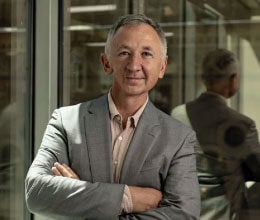
Dr Ted Cassidy
Cofounder & Psychiatrist
Dr. Ted Cassidy is a psychiatrist and co-founder of Monarch Mental Health Group in Australia, which provides innovative treatments for depression, PTSD, and anxiety.
Monarch Mental Health is recognized as Australia's first outpatient clinic offering assisted therapy and is the largest provider of outpatient magnetic stimulation therapy, among other advanced treatments. Previously, from 2004 to 2015, Dr. Cassidy was the co-founder and Chief Psychiatrist of The Hills Clinic Hospital and medical centers, which treated over 10,000 patients during his tenure.
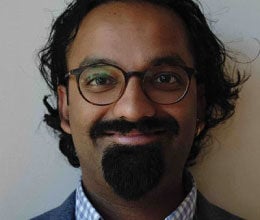
Dr Anish Modak
Consultant Psychiatrist
Dr Anish Modak is a psychiatrist at The Monarch Clinic in Melbourne.
He completed his undergraduate medical degree and Master of Psychiatry at the University of Melbourne. He is a fellow of the Royal Australian and New Zealand College of Psychiatrists, having completed his specialist psychiatry training at ACT Health in Canberra and Alfred Health in Melbourne. Dr Modak's interests include mood disorders and ADHD. His training has focused on general adult psychiatry but he also has experience working in a specialist youth mental health service. Dr Modak has experience with a range of treatment modalities, including neurostimulation, pharmacological interventions, and psychotherapy. He has published research in the area of transcranial magnetic stimulation and has clinical expertise in this area. Alongside biological interventions, he has interests in psychodynamic psychotherapy and mindfulness-based psychotherapy. Finally, he has a strong interest in emerging and innovative treatments, including next-step medications.
Monarch’s Research Doctor Team
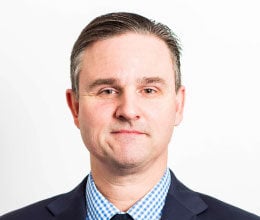
Prof Paul Fitzgerald
Cofounder & Director of Monarch Research
Professor Paul Fitzgerald is an internationally recognised expert in novel treatments for mental health treatments including the use of TMS.
Professor Fitzgerald is a qualified psychiatrist, and has a Masters of Psychological Medicine and research PhD.Professor Fitzgerald was an elected board Member of the International Society for Transcranial Magnetic Stimulation (ISTS) and was an invited member of the World Federation of Biological Psychiatry Taskforce on Brain Stimulation (2006-2009).He is currently a committee member for the Electroconvulsive Therapy and Neurostimulation Special Interest Group with The Royal Australian and New Zealand College of Psychiatrists (RANZCP), and serves on the board of directors for Neurosciences Victoria. He is Psychiatric deputy editor for the journal ‘Brain Stimulation’ and is on the Editorial Boards of ‘Psychiatry Research’ and the ‘Australian and New Zealand Journal of Psychiatry’.As the head of the School of Medicine and Psychology at the Australian National University, Fitzgerald has conducted over 20 clinical trials of TMS and related methods and has published over 500 scientific papers and has personally treated over 1500 patients with TMS.

Dr Anish Modak
Consultant Psychiatrist
Dr Anish Modak is a psychiatrist at The Monarch Clinic in Melbourne.
He completed his undergraduate medical degree and Master of Psychiatry at the University of Melbourne. He is a fellow of the Royal Australian and New Zealand College of Psychiatrists, having completed his specialist psychiatry training at ACT Health in Canberra and Alfred Health in Melbourne. Dr Modak's interests include mood disorders and ADHD. His training has focused on general adult psychiatry but he also has experience working in a specialist youth mental health service. Dr Modak has experience with a range of treatment modalities, including neurostimulation, pharmacological interventions, and psychotherapy. He has published research in the area of transcranial magnetic stimulation and has clinical expertise in this area. Alongside biological interventions, he has interests in psychodynamic psychotherapy and mindfulness-based psychotherapy. Finally, he has a strong interest in emerging and innovative treatments, including next-step medications.

Dr Grace Chan
Consultant Psychiatrist
Psychotherapy Team
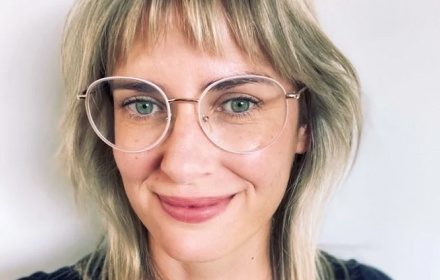
Consultant
Monica Schweickle
Consulting Clinical Psychologist
Monica is also a mother, yoga teacher, gardening enthusiast and book nerd. Her clinical experience includes working with people who have experienced childhood and adult trauma, especially veterans, current and former serving defence personnel, First Nations peoples, domestic violence survivors, and victims of crime. She has worked within inpatient and outpatient psychiatric hospital settings, in private practice, and prisons. Monica has expertise in the field of substance use, having worked across opiate substitution clinics, community settings and residential rehabilitation services. Monica has been involved in the training, supervision, and well-being of other mental health professionals for the past decade. She provides clinical supervision to health professionals, counsellors and peer workers, provisional, registered, and clinical registrar psychologists, as well as professionals with conditions posed on their registration by AHPRA. Monica believes that the relationship between client and therapist is the heart of effective therapy and that the relationship between supervisee and supervisor is equally as important. She is a warm, insightful therapist whose approach depends on the needs of the person. Her therapeutic style draws on strengths-based approaches, relational and interpersonal psychotherapy, Eye Movement Desensitisation Reprocessing (EMDR), IFS, somatic psychotherapy, mindfulness and non-dual meditation practices. Monica is an Accredited EMDR Practitioner with EMDRAA, an Internal Family Systems (IFS) Level 1 Practitioner. She is a Certified iRest Yoga Nidra teacher and has co-authored research on yoga and mental health. She is also a non-executive committee member of a domestic violence charity in Newcastle.

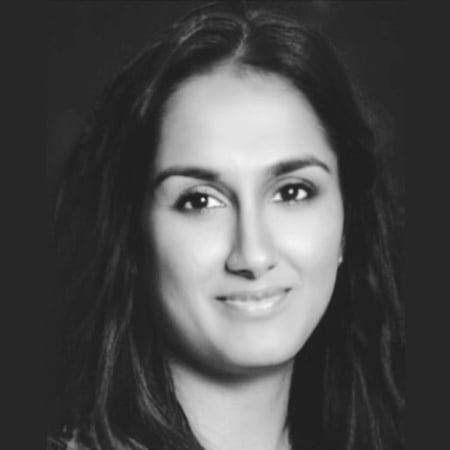
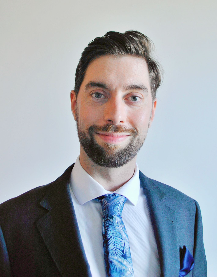
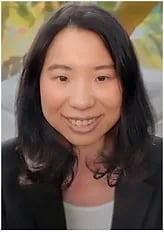
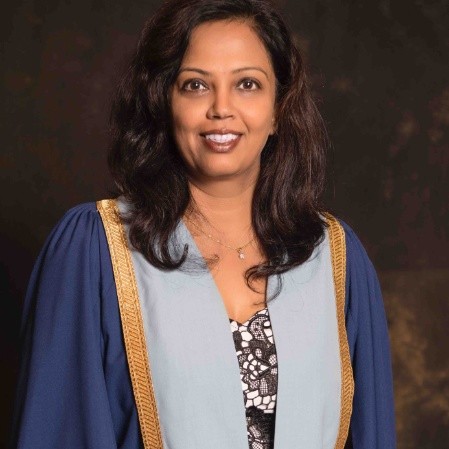
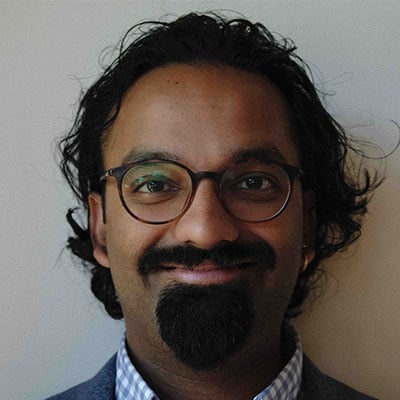
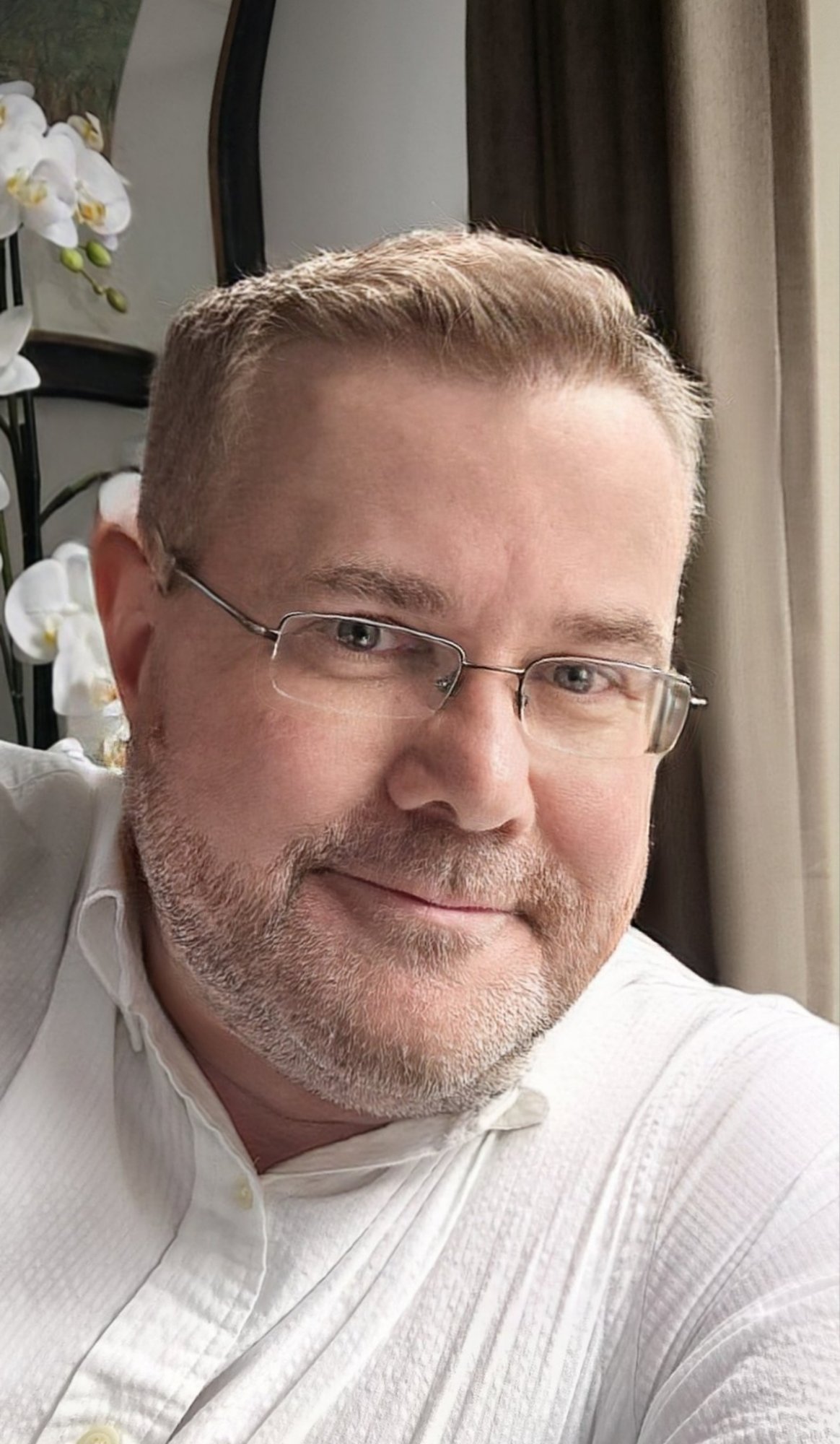
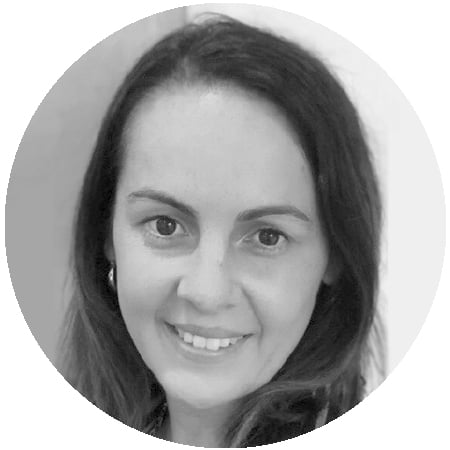
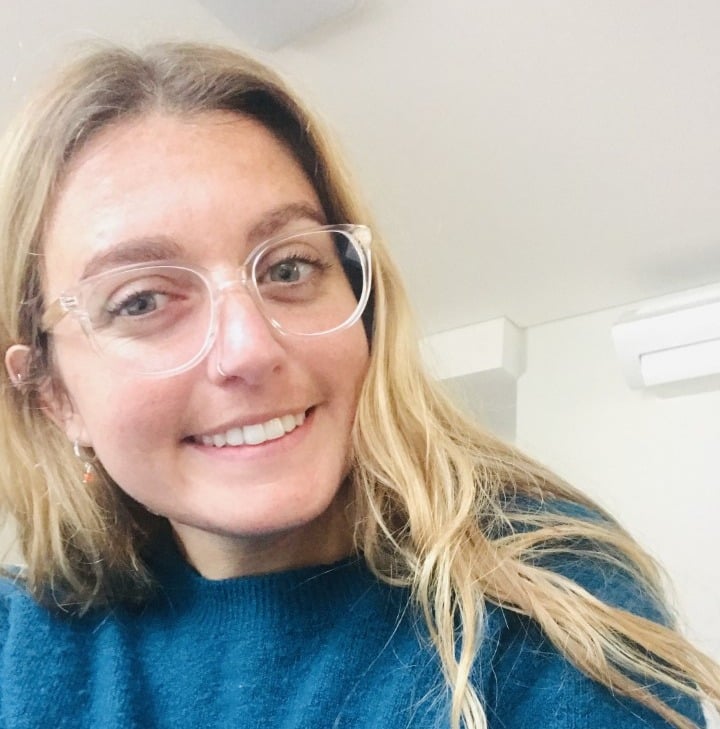
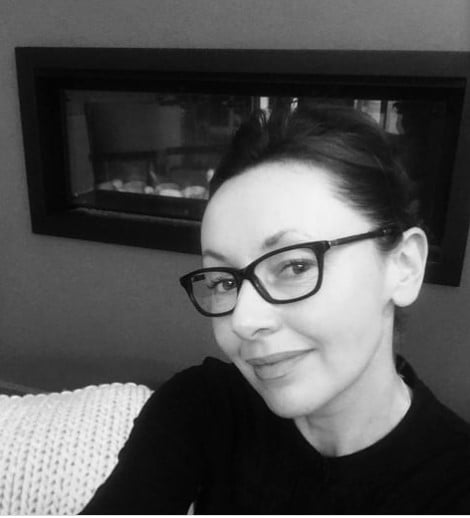
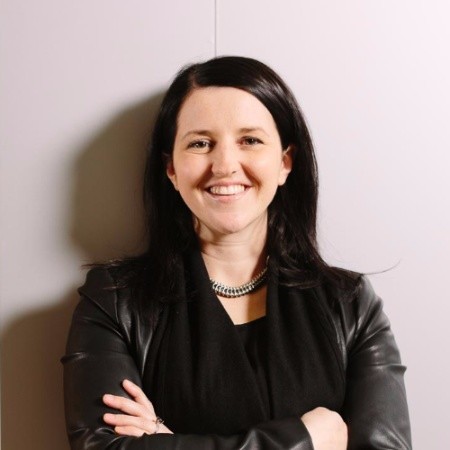
Unlock New Paths to Healing: Explore Our Medicine Assisted Psychotherapy Program Today
Unlock New Paths to Healing: Explore Our Medicine Assisted Psychotherapy Program Today
Frequently Asked Questions
Yes, we welcome clients from all over Australia and the world. A core value of Monarch Mental Health Group is the equitable access of mental health services for people from rural and remote regions of Australia, and we have demonstrated track record of delivering mental health services using Telepsychology and Telepsychiatry. The screening, preparation and integration sessions may be completed via Telehealth; however the dosing sessions are always on site and medically supervised.
No, we recommend avoiding driving for at least five days after dosing sessions. It is a safety requirement that a suitable support person (friend, spouse, family member) accompany you home from the clinic after dosing and be with you until the first integration session the following day. If you are travelling from another region or state, your support person will need to accompany you to your accommodation and stay with you after the dosing session.
Dosing session experiences can be incredibly diverse, and it is difficult to know what will emerge during the session. As such, the prescriber psychiatrist and therapist team will work collaboratively together with you and refine treatment based upon your response to the therapeutic program. Additional therapy sessions are available, in discussion with your therapist team.
Integration and recovery from mental health concerns and trauma can be an unfolding, multilayered process. As such, at the end of our program your therapists and prescriber will develop an ongoing integration plan with you. We will communicate to your treating team, with your consent, to provide continuity of care.
Monarch Mental Health Group offer a group integration program (link) for people who have participated in medicine assisted therapy, whether in clinical trials or in clinical programs, which is facilitated by a therapist and lived experience advisor.
Medicine assisted therapy at Monarch Mental Health Group means engaging in approximately 36 hours of therapy with two therapists, plus psychiatrist reviews and involvement of a multidisciplinary team including a senior clinical psychologist and nurse. We offer a subsidy for private paying patients to reduce the cost of the therapeutic program. Our program co-ordinator will discuss your situation and funding options.
